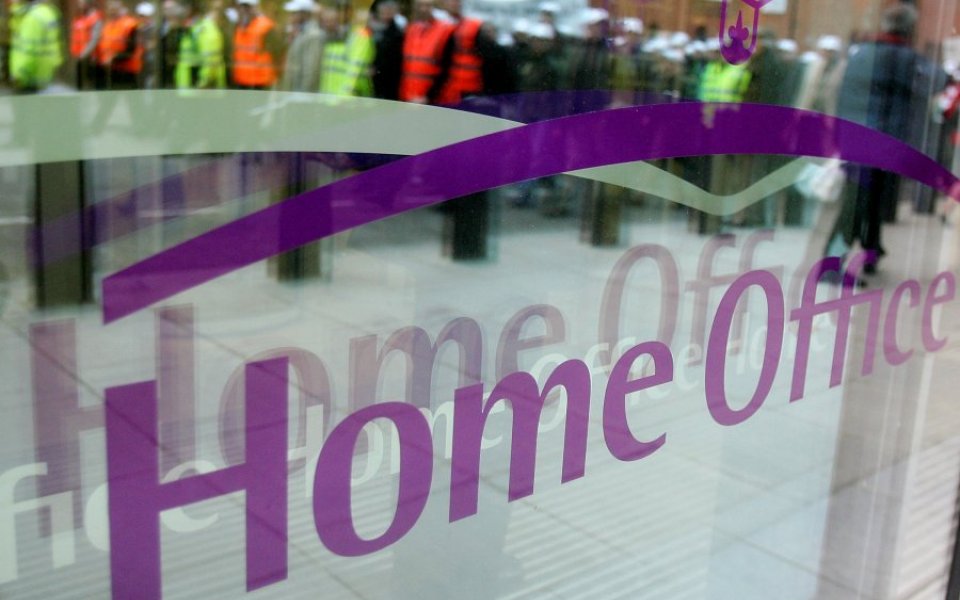Including foreign students in the net migration cap is sheer buffoonery

If reports are true that the government may exclude foreign students from the net migration cap, it’s cause for celebration. The migration cap helps nobody, and limiting the number of foreign students who can come – and pay – to study in Britain is particularly senseless. It might just be a sign that a Prime Minister George Osborne would be a bit more liberal on immigration than his current boss.
The net migration cap is really more of a target than a hard cap, and has never been achieved since its inception. It stems from then-Shadow Home Secretary Theresa May’s pledge to bring immigration down to the ‘tens of thousands’ and includes both non-EU and EU migrants, the latter of which the government cannot legally restrict.
The migration cap is bad enough – as senseless as a numerical cap on the number of foreign cars we import would be – but including students in this cap is sheer buffoonery.
Read more: Why are people coming to the United Kingdom?
Students typically only stay in Britain for a short period of time, they spend huge sums of money on their courses, and are allowed to work for a maximum of twenty hours per week. Even if we believed the normal, bad arguments against immigration, there still be little case against letting students in for a few years apiece.
Surprisingly, the public – who are usually astoundingly ignorant of such things – actually seem to realise this. Polling commissioned by British Future last year found that only a fifth of the public think that foreign students count as immigrants at all, and are often "baffled" when told that they are.
To most people, an immigrant is someone who wants to stay here for the long run, not someone on an three-year study trip.
Read more: May – UK is building a "fair" immigration system
Less than a third of the public wants fewer foreign students in Britain – whereas a third want fewer low-skilled workers. That, the chancellor seems to have spotted, presents an opportunity for some relaxation of the rules. And simply taking students out of the net migration figures gets the headline numbers much closer to the 100,000 target, in a similar accounting fudge to the one that made tax receipts seem large enough this year that he could drop the tax credit cuts.
But he should also take note: the public is even less concerned (31 per cent wanting reduced numbers) about restricting high-skilled immigration. In the short run, this is probably the most costly part of the government’s restrictionist immigration policy.
Ideally the cap would be abandoned altogether, but ditching a manifesto commitment wholesale may be tricky. The chancellor is right to go with the public in taking students out of the cap. On high-skilled migrants, too, he should listen to the people.